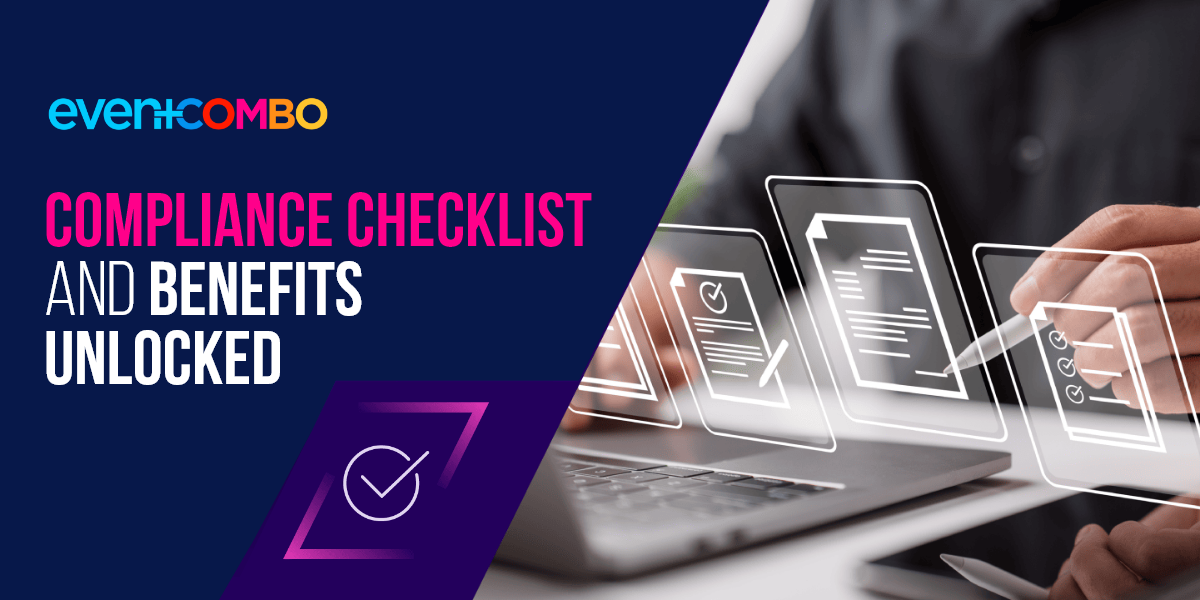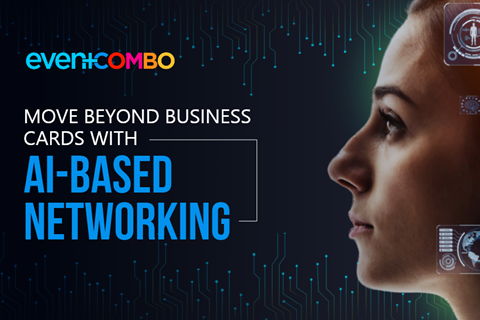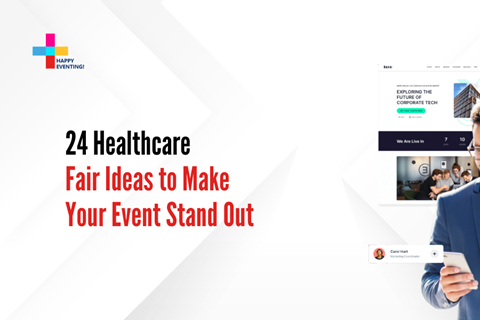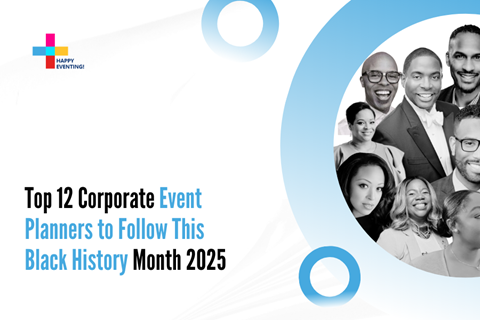

As we all know, data security and lawful management are not novel. However, they took a new, albeit complex, shape with the emergence of the General Data Protection Regulation (GDPR) in 2018. The landmark regulatory framework for protecting the personal data and privacy of people within the European Union (EU) has stringent requirements. Businesses who are not compliant have faced hefty penalties and consequent reputational damages. We are talking about fines of millions of dollars for processing customers' personal data wrongly!
So, for event professionals globally, it is imperative to consider GDPR’s regulations seriously. Since every event requires you to collect significant personal data, process, and distribute it, non-compliance with the new regulations can be taxing. In this blog, we'll explain all aspects of GDPR for event planning. In addition, you will find a set of actionable steps to prepare yourself effectively.
What Is GDPR? Overview and Principles
GDPR is a stringent security law which is central to EU’s privacy and human rights. This regulation for data privacy in the EU and the European Economic Area protects people with regard to the processing of personal data and its movement.
GDPR applies to organizations who collect data of people from European Union or Iceland, Liechtenstein, Norway, and UK. So, companies whose target market is in the EU should abide by these laws. Similarly, if you are an event planner whose potential attendees belong to EU, you must comply by GDPR when collecting their data.
The personal data you collect, how you process it, and the third-party who processes it on your behalf should adhere to the seven concrete protection and accountability principles which includes:
1. Data Protection Principle
This GDPR principle mandates the following:
2. Accountability Principle
Event planners should be able to show that they are GDPR-compliant. It can be done by disclosing a privacy policy, setting up data processing agreements if you share personal data with other organizations, and implementing security measures for data protection.
3. Data Security
It is essential to handle customer data using specific technical measures. This is done through encryption and pseudonymization (substituting personally identifiable information with pseudonyms or artificial identifiers). In addition, some other crucial security controls include Identity and Access Management (IDAM), Data Loss Prevention (DLP), Incident Response Plan (IRP), Third-Party Risk Management, and Secure Access Service Edge (SASE).
Eventcombo’s event technology is fully compliant with GDPR. Check out the tools that help you protect attendee information and turn their data into a valuable source of growth.
4. Data Protection by Design and by Default
Data protection by design means enforcing technical measures to protect data in your operational processes, for example, by using encryption and pseudonymization. Data protection by default means processing data of customers with the highest privacy protection. An example is letting customers control their personal data. They should be able to access, correct, and delete it.
5. Process Data Only When It Is Legal
Data processing should happen only when you have the consent of the customer or if you are legally obligated for the same. An example is your audience opting to be a part of your marketing email list. Another example is you getting an order from the court to process data.
6. Consent
According to GDPR, you should obtain the consent of your attendees to keep and use their data. They should actively agree on how you are using it. Active agreements are different from passive agreements, which occur in the form of pre-ticked boxes or opt-outs.
SHOCKING FACT!
In 2018, Tax Return Limited was fined €200,000 for sending millions of unsolicited marking text messages without valid consent.
7. Data Protection Officers (DPO)
It is not necessary for every organization to appoint a DPO. This is applicable only if you are a public authority and act in a judicial capacity or if you need to monitor people systematically. Another instance in which DPOs are necessary is when you handle special categories of data on a large scale. It includes data showing racial or ethnic origin, political perspectives, religious or philosophical beliefs, biometric data or data about a person's sex life.
How to Prepare for GDPR Compliance for Events?
Event planners and organizers need to take some critical steps to protect data rights under GDPR and drive consented engagements which includes:
DID YOU KNOW?
In 2012, Google set up a wide privacy policy by integrating 60 privacy notices. So, it merged data across services for a comprehensive pool of customer bases. Internal data transfers allowed it to boost its market position by collecting reams of data for targeted promotion and advertising!
EYE-OPENING FACT!
TikTok was fined a massive €345 million after it was found that the platform improperly processed children’s data. It assessed the age verification and the processing of children’s personal data between 31 July and 31 December 2020. It was revealed that videos posted to children’s user accounts were public by default. The comments on those videos were also turned on by default.
How Eventcombo Enables Event Planners to Comply with GDPR Rights?
As an ISACA award-winning event technology provider, Eventcombo prioritizes you and your attendees' security and privacy. All our solutions for event planning and management are compliant with SOC2, PCI DSS, GDPR, CCPA, AND PIPEDA. This empowers event organizers to maintain the privacy of attendees while gaining high value from the insights they collate.
Data security is at the core of our systems and solutions. Numerous clients have benefited from our data protection and GDPR approach. We'd love to assist you too. Reach out to us for a demo.

Networking is one of the most valuable ways to discover boundless opportunities and for 77.7% of business professionals , in-person conferences open a greater scope to make rewarding connections.

When planning a healthcare fair, the goal goes beyond booking a venue and sending out invites. You’re creating an event that brings together healthcare professionals, researchers, and exhibitors, all seeking value and...

Diversity and inclusion are at the heart of the events industry, where planners are focused on creating experiences that bring together people from all walks of life.